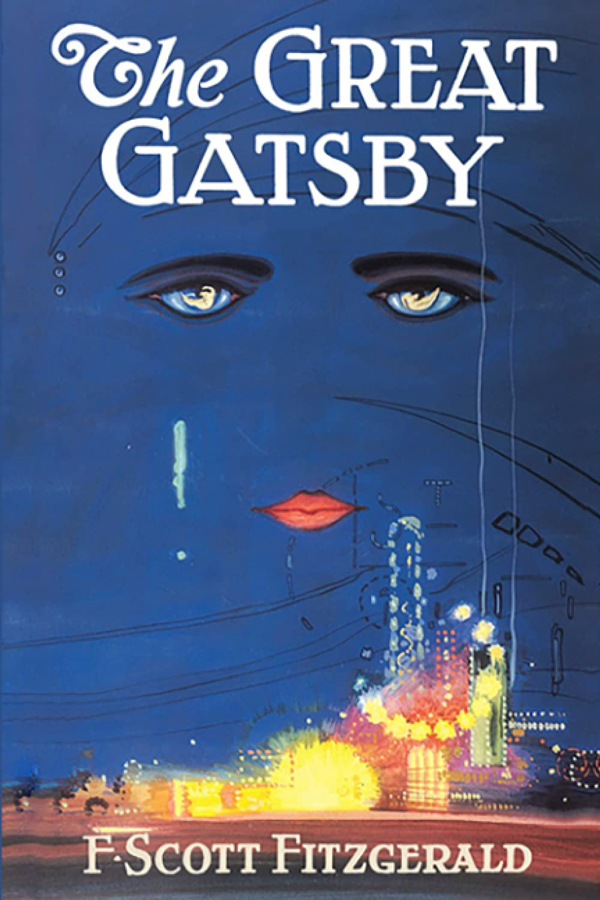The Great Gatsby was not a first-time hit. When it was published by Scribner’s in 1925, it was generally reviewed positively but often with the caveat that it wasn’t as successful a portrait of the jazz age as F Scott Fitzgerald’s previous two novels – This Side of Paradise in 1920 and The Beautiful and Damned in 1922. Sales were underwhelming. Published in April 1925 – 100 years ago this month – it had sold fewer than 20,000 copies by October. It certainly didn’t make Fitzgerald rich, as he’d hoped that it would, believing it to be his finest work, his first “consciously artistic achievement”.
It did finally get re-printed during Fitzgerald’s lifetime, but, poignantly, the second run had not sold out by the time of his death in 1940. He regarded his trajectory as notably downward and died considering himself a failure who had had no impact on the literary world. A tragic ending for the talented visionary and poet who wrote what is now regarded as one of the greatest novels of all time.
- It wasn’t until I went to prison that I realised how important reading was – it became a lifeline
- Hedonist ex-MP Victor Grayson tried to expose corruption and scandal. Then he disappeared forever
- I walked in David Bowie’s footsteps to get a sniff of the real. But I found something I didn’t expect
Things had been going so well before 1925. Fitzgerald met the flamboyant socialite Zelda Sayre in 1918 when he was a soldier stationed in Alabama, and though she at first refused to marry him due to his lack of funds, the commercial success of his first novel changed her mind. The tongues of the American literary world were wagging – Fitzgerald was unarguably one of America’s rising stars.
The follow-up novel cemented his reputation. He began to travel around Europe, famously becoming a regular at the most fashionable Parisian haunts with the likes of Ernest Hemingway. So the relative disappointment of The Great Gatsby, when he was flying high, hit him hard.
It’s hard, in retrospect, to understand the cool reception the novel initially met with. And so odd that the wrong had not been righted by the time Fitzgerald died 15 years later. For me and many others, including Stephen Fry – who said it “is perfect, word for word” – in terms of language, mood and sentiment, it is the greatest novel in the English language. Every sentence flows and dazzles like liquid gold, every paragraph has its own rhythm. The characters are so brilliantly, authentically drawn they’re alive within a few lines. Crucially, we have a leading man with the quintessential qualities for an affecting drama; mystery, romance, longing, regret, and a Shakespearean tragic flaw.
On top of all that, there is quite possibly the most sublime ending of any novel of the last 100 years: “Gatsby believed in the green light, the orgastic future that year by year recedes before us. It eluded us then, but that’s no matter – tomorrow we will run faster, stretch out our arms further… And one fine morning – So we beat on, boats against the current, borne back ceaselessly into the past.”










